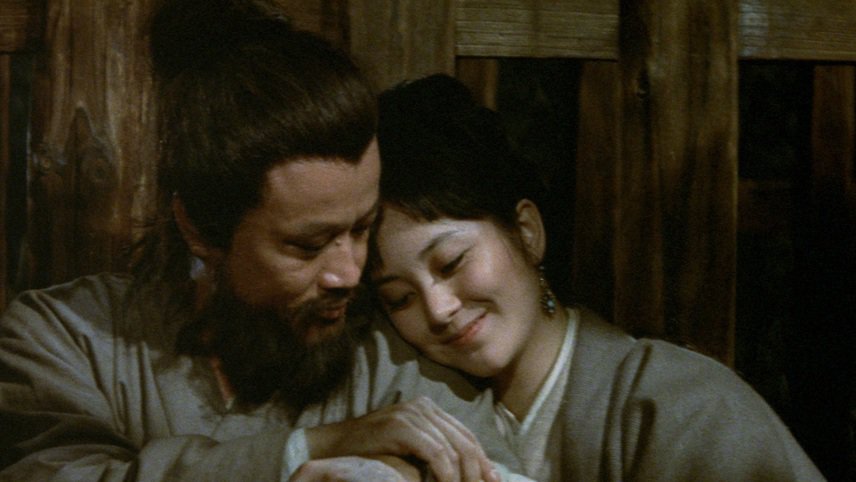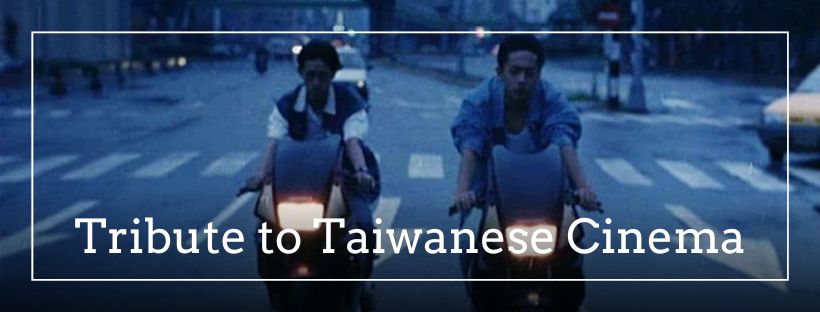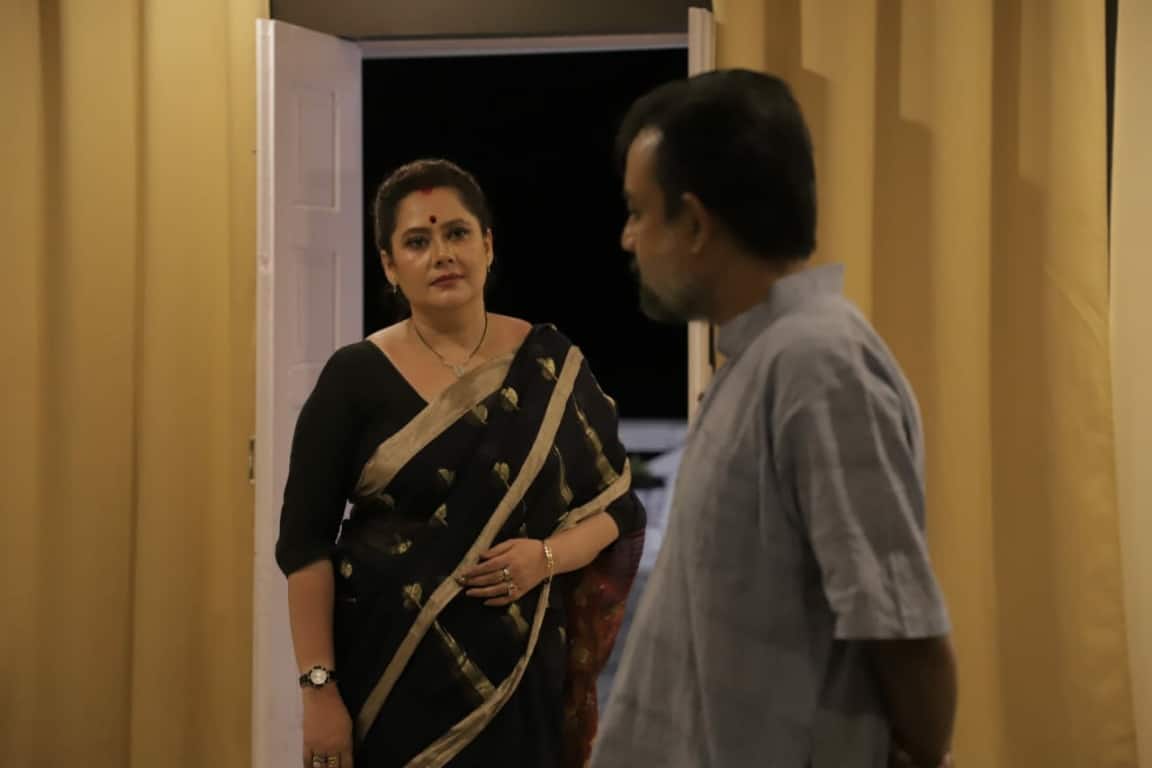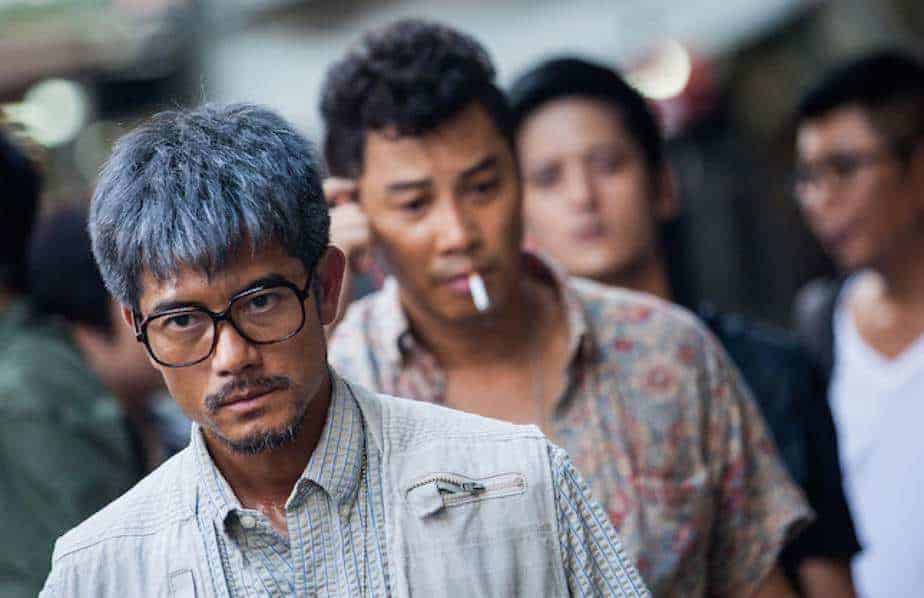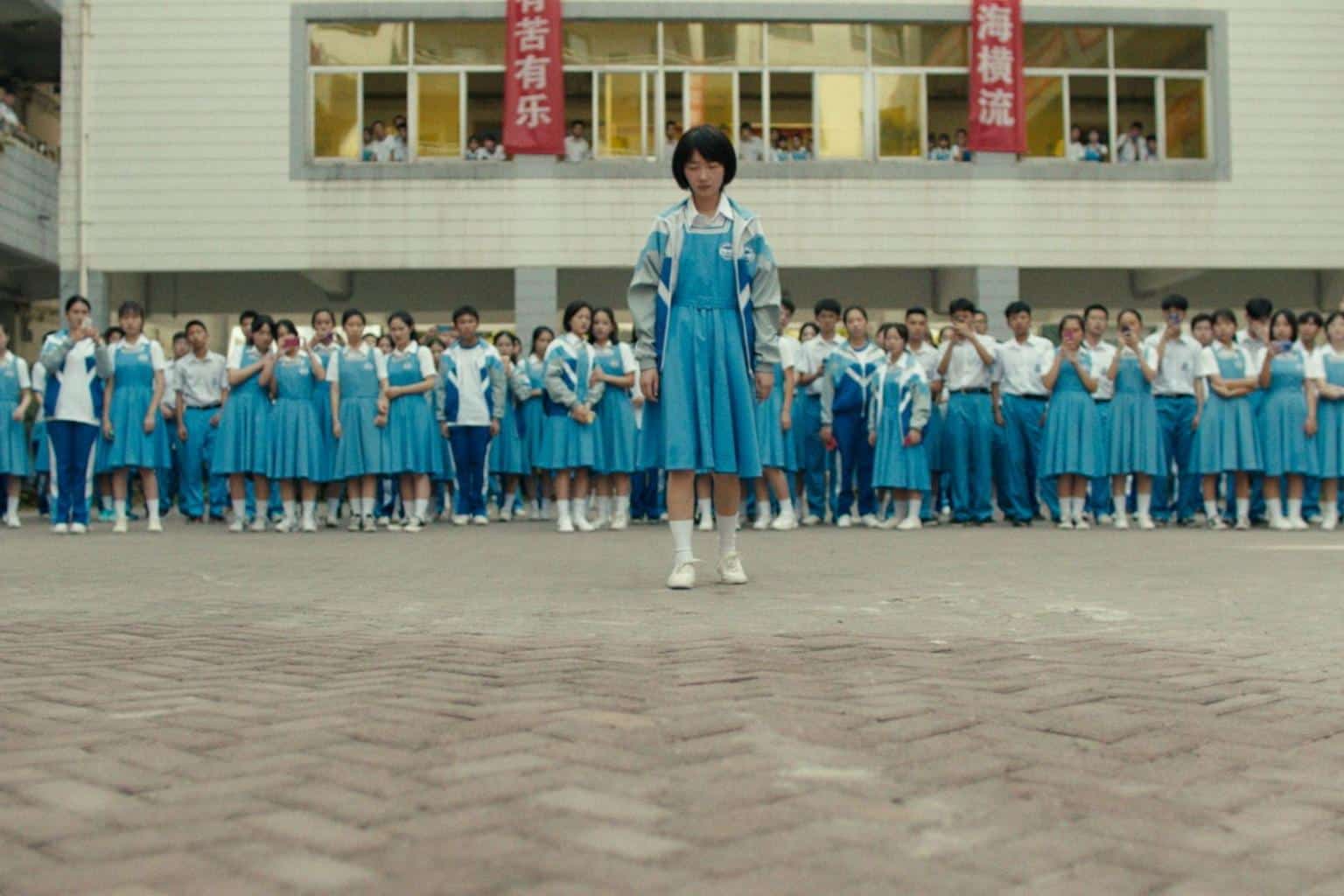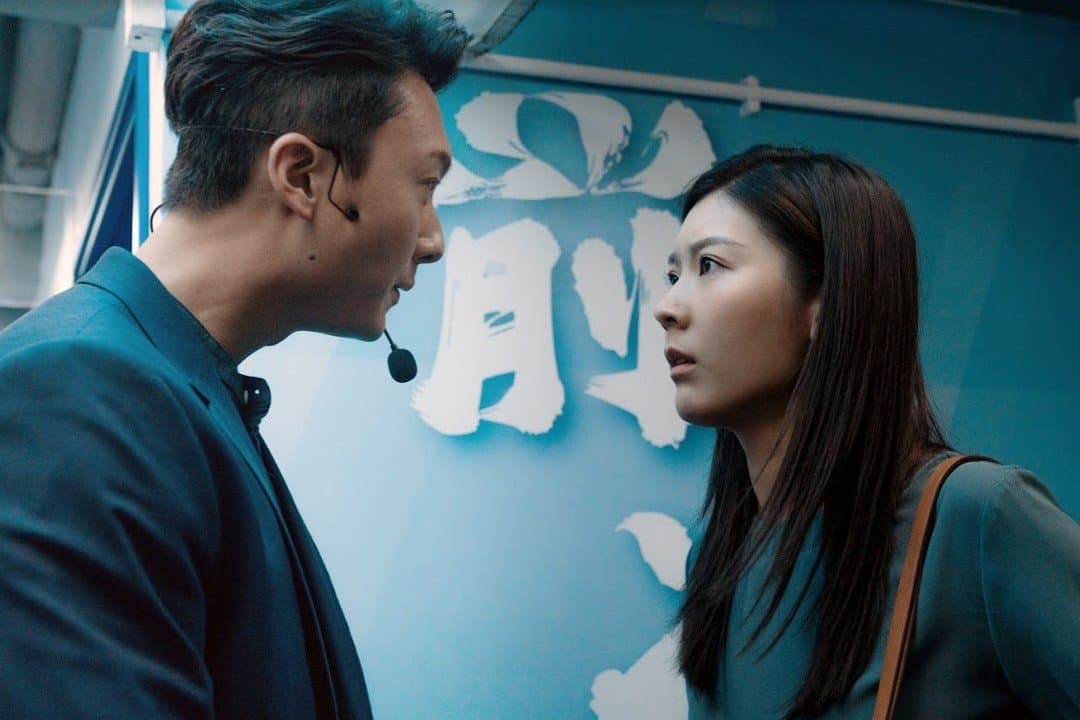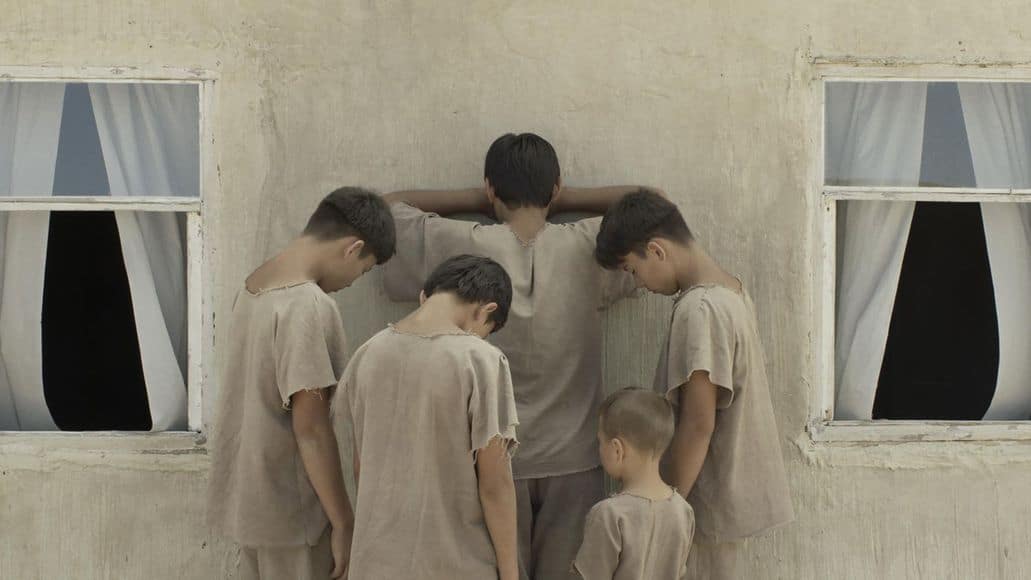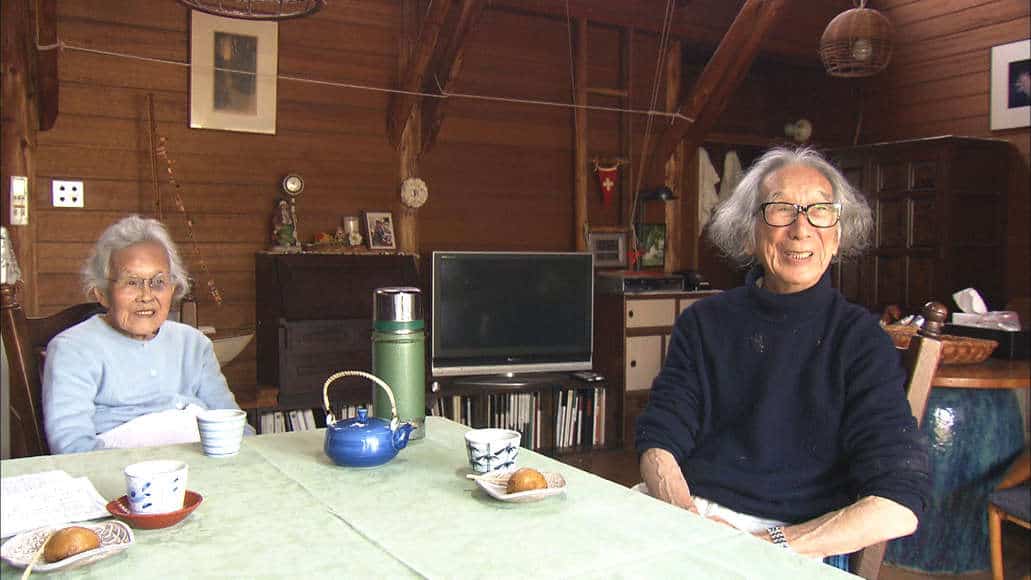Under the old political regime in Taiwan it was difficult to make features, given the thematic and narrative constraints producers and directors had to obey. However, as these began to shift somewhat in the 1970s, the career of filmmakers such as Lee Hsing truly flourished as he began to tackle current issues, for example, in his Vertigo-esque “The Young Ones” or the drama “The Story of a Small Town”. Arguably one of his most well-known projects from that era is “Execution in Autumn”, a period drama set on the brink of the 1900s. Hsing has gone on record, stating this is his favorite film of his career, perhaps not only due to the nods at the likes of Kenji Mizoguchi, but also due to its universal and political themes.
Execution in Autumn is screening at Vesoul International Film Festival of Asian Cinema
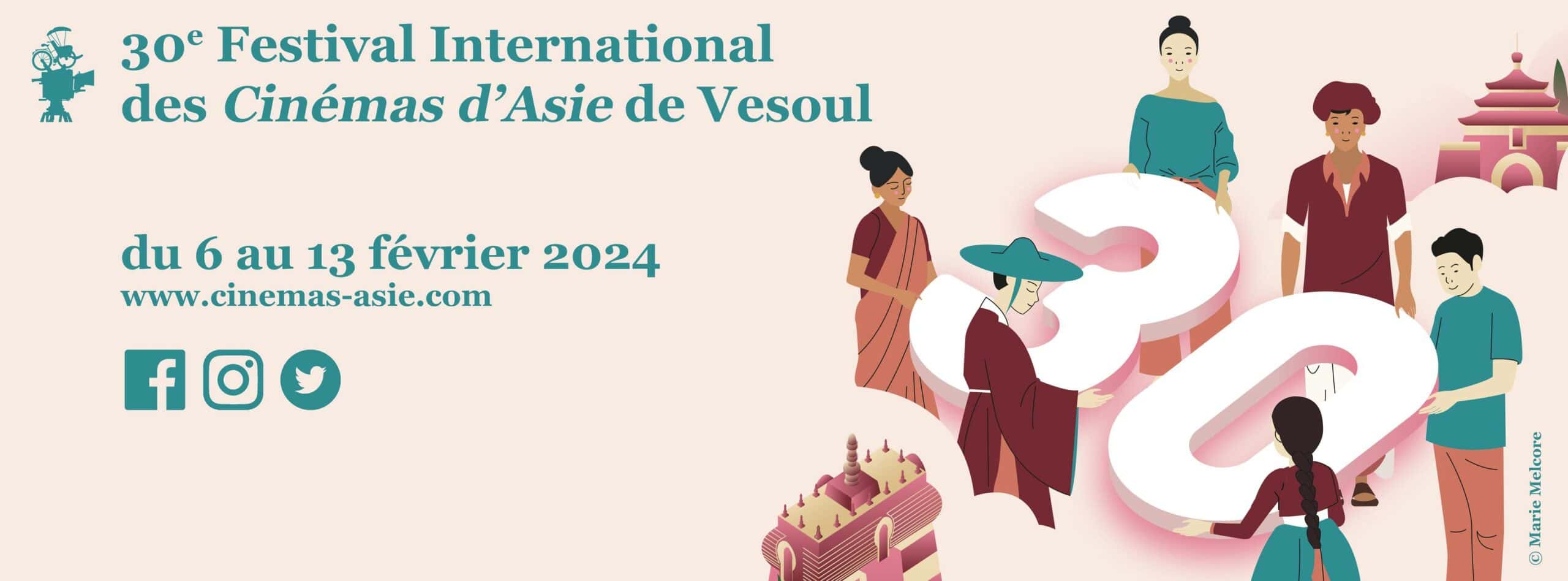
Throughout his life Pei Gang (Ou Wei), the sole heir to his family*s fortune has been spoiled by his grandmother (Fu Pi-Hui), leading him to take her money and influence for granted. He has become a ruthless character, who has been the center of many fights and arguments, but after having murdered a pregnant woman and her two cousins, he has gone too far and is sentenced to be executed. However, he is sure his grandmother will get him out once again, especially after two escape attempts have already been thwarted by the prison warden (Gu Hsian-Ting).
While she had been successful in the past, Gang's grandmother finds herself unable to free her grandson. After having spent a considerable amount of money, bribing even court officials, she sets her hopes on Lian'er (Tang Pao-Yun), a loyal servant who has been like a daughter to her. She makes her a proposition to spend the night with her son, after having arranged the affair with the warden, to secure an heir to the family.
What makes “Execution in Autumn” dramatic and quite interesting, is the way Lee Hsing handles the twist when it comes to his main character. As we see Pei Gang for the first time, there is very little that makes you empathize with a man who has no control over his temper and also seems like a spoiled brat, which is essentially what his grandmother admits to early on in the story. His murder, especially the fact he gloats over the gruesome details, makes him rather unlikable, which is also thanks to Ou Wei's performance. There is no seemingly no way this man can change his ways, or become a traditional hero, as we have seen time and time again in period dramas of the time. However, despite all the horrible acts he committed, we should keep our distance, because Lee hsing's feature, among many things, is a moral tale about how easy we are to judge people, as the court does, without taking into consideration what has made Pei the man he is today.
Essentially “Execution in Autumn” is about the burden put from one generation to the next. Gang's grandmother explains the need to pass something on to the new generation, with the parents and grandparents having to offer moral guidance. However, while she blames herself for what her grandson has become, Lee Hsing's feature goes one step further, looking at how society obeys by the same rules of acting without thinking and also trying to make matters go away with bribes. Apart from the date of the execution, which will come in autumn as the title suggests, there is very little we see or hear from the authorities, as they have seemingly declared the matter solved. The frequent images of the prison cell where Gang spends his final months or the shackles on his feet, which have left his ankles bloody and scarred, seem to highlight this idea. Considering “Execution in Autumn” as a moral tale, the true change within the protagonist comes from other people, his cell mates, Lian'er, his grandmother and the warden, and not from the system. Without these characters, Gang would not see the crime he has committed, the pain he has caused others and how he could have easily become a better person.
“Execution in Autumn” is a powerful drama about the possibility for people to change their ways, but also about a system letting its penal system do the job of “educating” its citizens. Lee Hsing's feature may be seen as a drama of a man acknowledging his sins, while at the same time it is about how easy it is to judge people.


